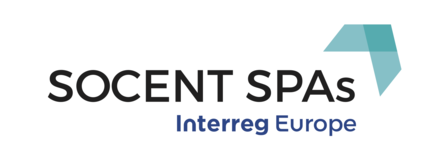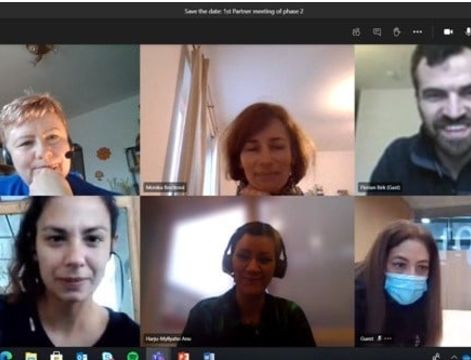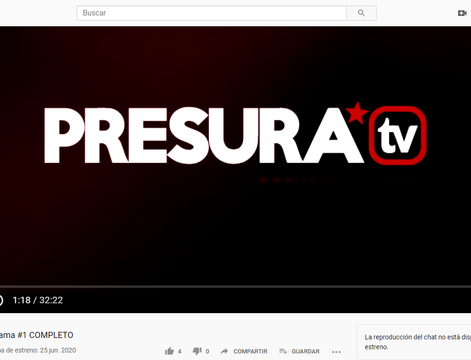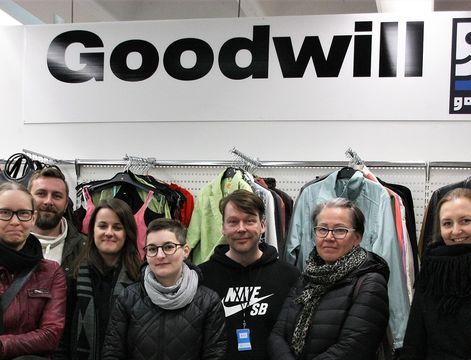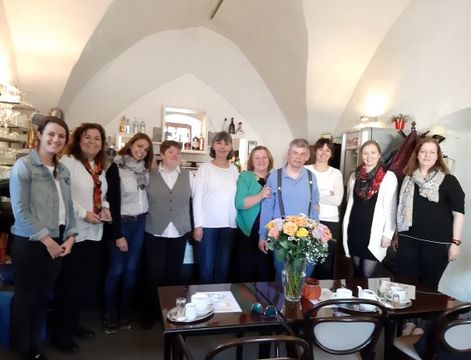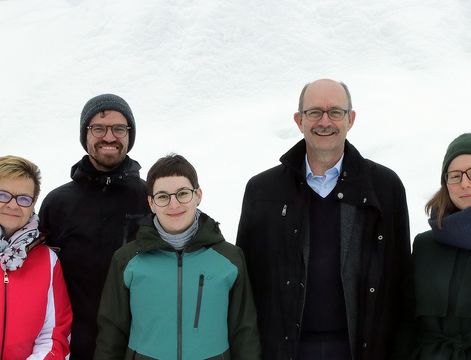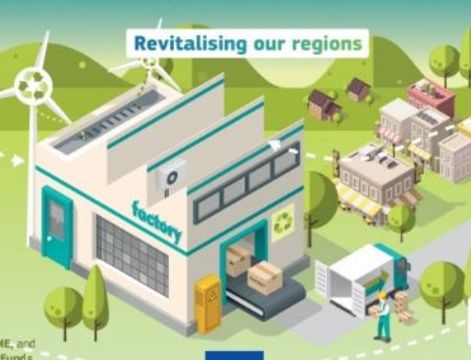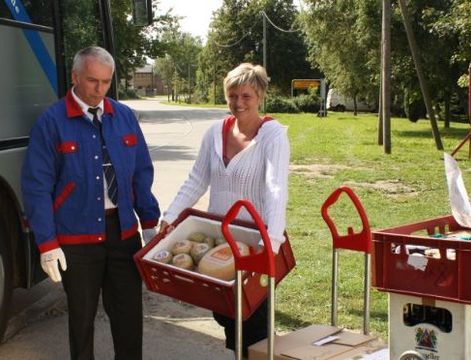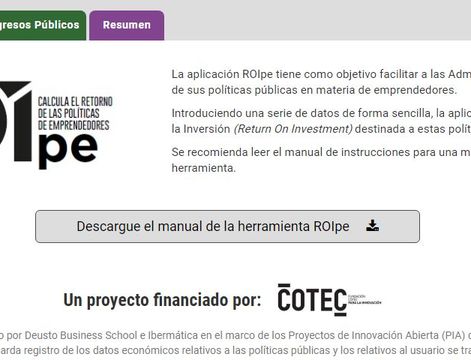The meeting took place in the village of Valdeavellano de Tera, Region of Castile and Leon, with the participation of 28 attendants, including key stakeholders from SOCENT SPAs participating regions and representants of the partnering organizations:
- General Directorate for Social Economy and Self-Employed Persons – Regional
- Government of Castile and Leon (Lead partner – Spain)
- NGOD Cives Mundi (Spain)
- Social Impact (Germany)
- Lapland University of Applied Sciences (Finland)
- Not-for-profit organization EPIC (Slovakia)
- Ministry of Labour, Social Affairs and Family of the Slovak Republic (Slovakia)
The programme was designed by Cives Mundi, together with Altekio, a non-profit social enterprise based in Madrid, that was hired to provide an agenda and lead the event with 4 workshop facilitators.
Mr. Joaquin Alcalde Sanchez, Director of Cives Mundi, Mr. Manuel López Represa, Delegate of the Regional Government of Castile and Leon in Soria, and Mr. Amancio Martínez Marín, Provincial County Representative and Mayor of Valdeavellano de Tera, opened the interregional thematic workshop by welcoming the participants. Mr. Marcelo Segales, from the Fundación Tomillo1, made a brief introduction to the workshop presenting a “Comparative analysis of the measures included in the diagnoses on social entrepreneurship in the four regions under study within the framework of the SOCENT SPAs Project.”
Networking and Team Building
First activity was a mapping of the participants, placing themselves around the space as if it was the map of Europe, then having a whole picture of the participant’s origin. After that, a ‘Speed Dating’ activity was done, which consisted in making two lines, one in front of the other, having every person one another in front, preferably some unknown, and then answering the following questions:
- What is your relation with sparsely populated areas?
- Which are for you the main values of the sparsely populated areas?
- Which is your role in this meeting/project
After this first connection among the participants, the next activity was the ‘Dyads’, a walk in pairs for 45 minutes around the village exploring some questions for connecting with the essence of the project. The questions had to be done in three rounds, having the same three questions for each round, with the aim of getting more clear and deeper reflections and answers.
The questions asked were the following:
- How do you picture a desirable future around social entrepreneurship in
- sparsely populated areas?
- Which are the barriers and drivers to get to that picture?
- How would you overcome those barriers and strengthen those drivers?
Once the participants came back from the walk, a circle was done to share those reflections. First, sharing the vision of the project (related to those questions). While the sharing, one of the facilitators was capturing the main ideas in a wall paper:
The participants were asked to write down in sticky notes the answer of the third question in the third round (overcoming barriers and strengthening drivers) that answers would be the basis for defining goals in the four pre-defined strategic lines identified in the previous interregional thematic workshops and derived from the conclusions of the Studies on Social Entrepreneurship in each region: Legal Framework, Financial and Fiscal Support, Improve Infrastructures, Social Innovation, Networks and Alliances.
The ideas were shared by the participants and then placed in a different wall paper categorizing them among the strategic lines.
Defining Project Goals and Priority Actions
The first activity in the afternoon was working in mixed groups for defining goals for each strategic line, with the inspiration of the previous ideas and the diagnostic report that was done previously to the meeting.
The main goals defined were the following:
- Legal Framework:
Define Social Enterprise and Social Entrepreneurship
Reduction of bureaucracy
Special taxing system for social enterprises
- Financial and Fiscal Support:
- Financial education for enterprises and the public
- Regional development fund, private and public
- Improve Infrastructures:
- Internet for everyone, everywhere
- Public support services
- Online medical consultation
- Social Innovation, Networks and Alliances:
- Supply chains
- Improving knowledge on Social Innovation
- Social incubator for rural areas
- Join/support Smart Social Specialization Platform
Once the goals were defined, the activity that was carried out was a ‘Coffee Dialogue’ which consisted in four work groups divided by regions and in each of them there was two people from the corresponding region that were giving coherence during the time that the activity lasted. The rest of the people could switch table between every rounds.
